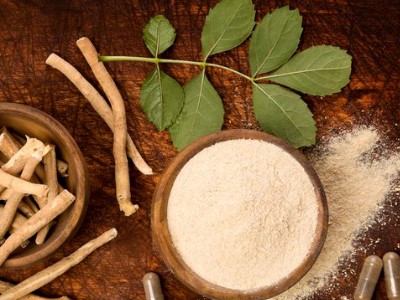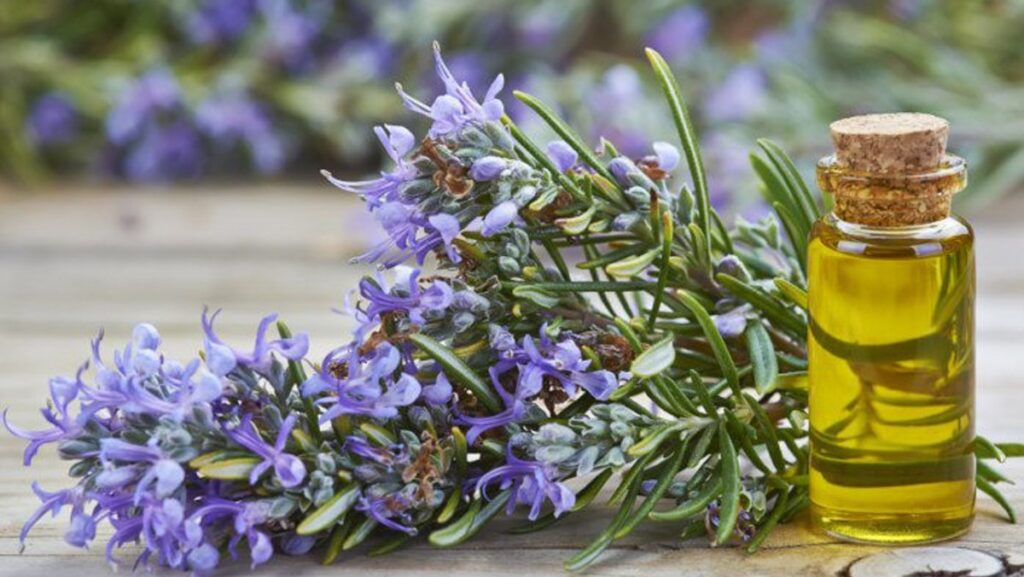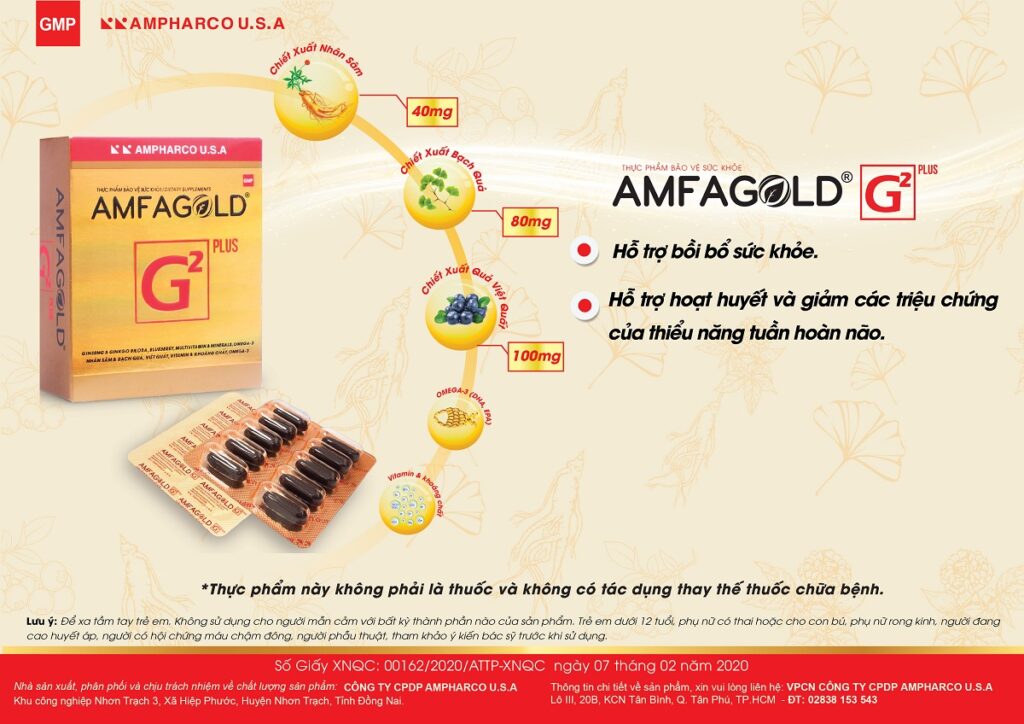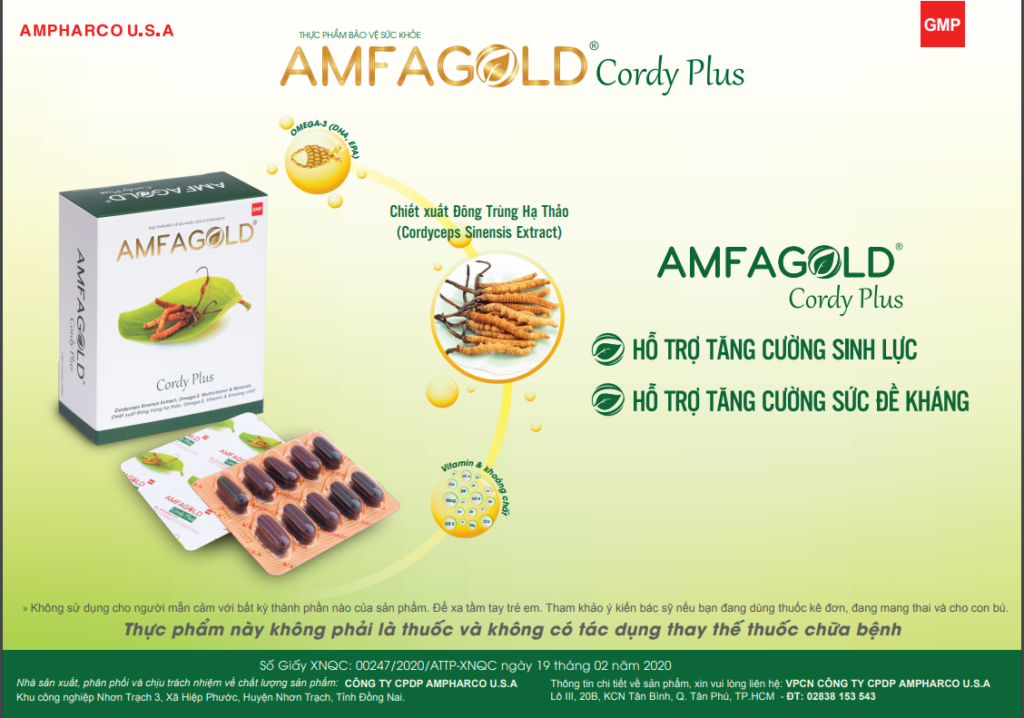THE 7 BEST HERBS TO BOOST ENERGY
Modern-day stressors and hectic schedules leave many people drained and looking for ways to feel more energized and alert.
While controlling stress, eating a nutrient-dense diet, and practicing self-care are helping for feeling your best, some supplements like herbal, have been shown to boost your energy and cognitive health (1),(2).
Here are the 7 best herbs that may help boost alertness and energy levels, according to scientific research
Ginseng
Ginseng is a popular herbal supplement, well known for its energy-boosting properties. It has also been shown to stimulate brain function, making it a sought-after herb for improving sports and mental performance. Panax ginseng is the most studied type in human trials (3).
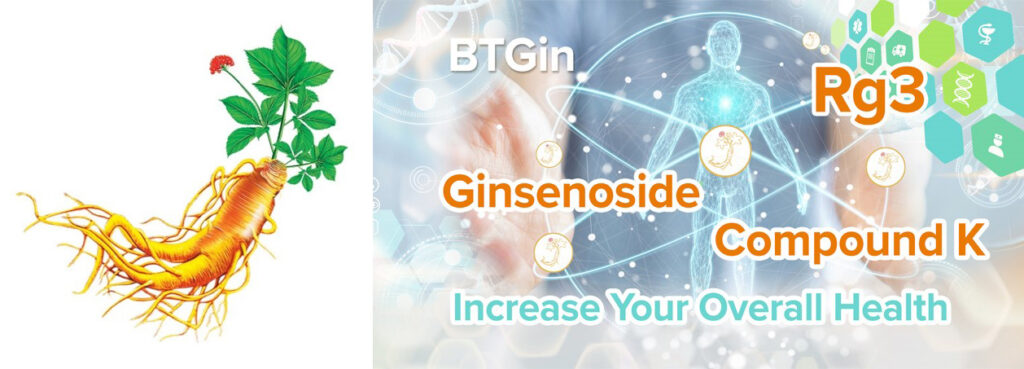
Ginseng
Ginseng contains compounds, including ginsenosides, eleutherosides, and ciwujianosides, which are thought to give ginseng its performance- and energy-enhancing effects (3).
In a number of human studies, supplementing with ginseng has been shown to improve physical performance in sedentary and active people, offer anti-fatigue properties, and boost mental alertness (3).
Doses of 200 – 1,000 mg Ginseng per day have been associated with beneficial effects on energy levels, concentration, and mood in adults (4),(5).
Sage
Research shows that Sage (Salvia) is high in many potent plant compounds, including luteolin, rosmarinic acid, camphor, quercetin, which give it its impressive medicinal properties such as cognitive-enhancing effects in adults (6).
When used as a supplement, Sage has been shown to improve mood, alertness, attention, memory, and word recall in healthy younger and older adults (7).
For example, a study in 36 healthy adults found that treatment with 50 microliters (uL) of Sage essential oil led to improvements in memory and attention tasks. Plus, it reduced mental fatigue and increased alertness over a 4-hour period (8).
Acetylcholine is a neurotransmitter that plays an important role in brain function, including memory, attention, and motivation. Acetylcholine is broken down by an enzyme named Acetylcholinesterase (AChE). Interestingly, Sage acts as a powerful inhibitor of AChE, helps increase the availability of acetylcholine in the brain, thus improving cognitive function (6).
Cordyceps
Cordyceps is unique in that it is a fungus that grows on caterpillars (although it is also grown synthetically). That may sound a bit gross, but it has impressive benefits for boosting energy and reducing fatigue.
Cordyceps are thought to increase the body’s production of the molecule adenosine triphosphate (ATP), which is essential for delivering energy to the muscles. ATP is important for helping your physical energy and endurance, and cordyceps essentially increase your body’s production of ATP, allowing energy to be delivered to your cells faster. This may improve the way your body uses oxygen, especially during exercise (9),(10).
In one study, researchers tested their effects on exercise capacity in 30 healthy older adults using a stationary bike. Participants received either 3 grams per day of a synthetic strain of Cordyceps called CS-4 or a placebo pill for six weeks. By the end of the study, VO2 max (Maximum oxygen uptake) had increased by 7% in participants who had taken CS-4, while participants given the placebo pill showed no change (11). VO2 max is a measurement used to determine fitness level(12).
One study also tested the effects of a Cordyceps-containing mushroom blend on exercise performance in younger adults (13). After three weeks, participants’ VO2 max had increased by 11%, compared to a placebo.
Ashwagandha
Ashwagandha (Withania somnifera), an herb that has been used as an Ayurvedic remedy since ancient times, has powerful beneficial effects on brain function (14).
An 8-week study in 50 people demonstrated that supplementing with 600 mg of Ashwagandha root extract per day significantly improved memory, attention, and information processing, compared with a placebo (15).
A review that included five studies found that supplementing with Ashwagandha was well tolerated and led to improved performance on cognitive tasks, attention, and reaction time (16).
Additionally, another 12-week study in 50 older adults showed that taking 600 mg of Ashwagandha root extract daily improved sleep quality, mental alertness, and overall quality of life, compared with a placebo group (17).
Research shows that Ashwagandha may have beneficial effects on cellular energy production and be a helpful tool for enhancing athletic performance (18),(14).
Maca
Maca (Lepidium meyenii) is a plant native to Peru that’s prized for its energy-enhancing potential. Human studies show that taking it as a supplement may help boost energy levels, reduce anxiety, and enhance athletic performance (19).
A study in 50 men with erectile dysfunction found that treatment with 2,400 mg of dry maca extract for 12 weeks significantly improved physical and social performance, compared with a placebo(20).
Maca has also been shown to improve athletic performance and have positive effects on mood and energy levels in human studies (21),(22).
Peppermint
Simply inhaling the pleasant aroma of peppermint essential oil, a hybrid of spearmint (Mentha spicata) and water mint (Mentha aquatica), may help boost energy, mood, athletic performance, and alertness (23).
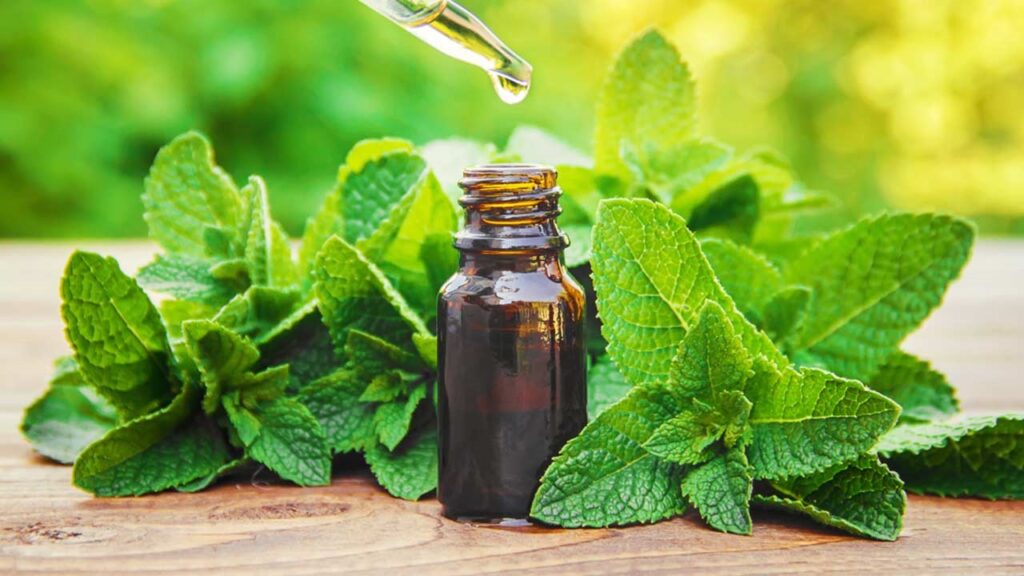
Peppermint
Several studies have shown that inhaling peppermint essential oil reduces fatigue and boosts alertness, memory, and energy (24),(25).
One study that included 144 people found that exposure to peppermint essential oil aroma increased alertness and improved memory (24).
Peppermint essential oil has a good safety profile. Still, you should never ingest an essential oil unless you have discussed it with your healthcare provider, as taking too much peppermint essential oil can be toxic (26).
Rosemary
Like peppermint, the aroma of rosemary essential oil may help improve cognitive performance.
Inhaling rosemary essential oil allows compounds in the oil called terpenes to enter your bloodstream, from where they can directly affect your brain (27).
Exposuring to rosemary essential oil that was diffused into the air led to improved performance on cognitive tasks, including those that involved speed and accuracy, found out by a study in 20 adults (27).
Another small study in 8 adults demonstrated that consuming 250 mL of water containing rosemary extract led to improved performance on computerized cognitive tasks (28).
The bottom line
The best way to ensure that you stay energized and focused is by leading a healthy lifestyle that includes a nutritious diet, plenty of sleep, and stress-reduction techniques like engaging in enjoyable physical activity. Find out more in Natural ways to boost your energy for new year
Additionally, certain herbal supplements, including the ones listed above, may have the potential to boost your energy and brain function.
If you’re interested in adding one or more of the herbs on this list to your diet, make sure to consult your healthcare provider first, as many herbs can lead to side effects if not taken properly and interact with common medication
Reference
https://www.healthline.com/nutrition/herbs-for-energy#6.-Rosemary
https://www.healthline.com/nutrition/cordyceps-benefits#TOC_TITLE_HDR_2
https://www.parsleyhealth.com/blog/herbs-for-energy/
1/ A Systematic Review of the Effect of Dietary Supplements on Cognitive Performance in Healthy Young Adults and Military Personnel
Diane E. Pomeroy, Katie L. Tooley, Bianka Probert, Alexandra Wilson, and Eva Kemps – Nutrients. 2020 Feb; 12(2): 545.
2/ Establishing Natural Nootropics: Recent Molecular Enhancement Influenced by Natural Nootropic
Noor Azuin Suliman, Che Norma Mat Taib, Mohamad Aris Mohd Moklas, Mohd Ilham Adenan, Mohamad Taufik Hidayat Baharuldin, and Rusliza Basir – Evid Based Complement Alternat Med. 2016; 2016: 4391375
3/ Herbal medicine for sports: a review
Maha Sellami, Olfa Slimeni, Andrzej Pokrywka, Goran Kuvačić, Lawrence D Hayes, Mirjana Milic, and Johnny Padulo – J Int Soc Sports Nutr. 2018; 15: 14.
4/ Panax ginseng (G115) improves aspects of working memory performance and subjective ratings of calmness in healthy young adults
Jonathon L Reay, Andrew B Scholey, David O Kennedy – Hum Psychopharmacol. 2010 Aug; 25(6):462-71.
5/ Antifatigue Effects of Panax ginseng C.A. Meyer: A Randomised, Double-Blind, Placebo-Controlled Trial
Hyeong-Geug Kim, Jung-Hyo Cho, Sa-Ra Yoo, Jin-Seok Lee, Jong-Min Han, Nam-Hun Lee, Yo-Chan Ahn, and Chang-Gue Son – PLoS One. 2013; 8(4): e61271
6/ Salvia (Sage): A Review of its Potential Cognitive-Enhancing and Protective Effects
Adrian L. Lopresti – Drugs R D. 2017 Mar; 17(1): 53–64
7/ Effects of cholinesterase inhibiting sage (Salvia officinalis) on mood, anxiety and performance on a psychological stressor battery
David O Kennedy, Sonia Pace, Crystal Haskell, Edward J Okello, Anthea Milne, Andrew B Scholey – Neuropsychopharmacology. 2006 Apr;31(4):845-52
8/ Monoterpenoid extract of sage (Salvia lavandulaefolia) with cholinesterase inhibiting properties improves cognitive performance and mood in healthy adults
David O Kennedy, Fiona L Dodd, Bernadette C Robertson, Edward J Okello, Jonathon L Reay, Andrew B Scholey, Crystal F Haskell – J Psychopharmacol. 2011 Aug;25(8):1088-100.
9/ Effect of Polysaccharide from Cordyceps militaris (Ascomycetes) on Physical Fatigue Induced by Forced Swimming
Yan-Feng Xu – Int J Med Mushrooms. 2016;18(12):1083-1092.
10/ Supplemental anti-fatigue effect of Cordyceps sinensis (Tochu-Kaso) extract powder during three stepwise exercise of human.
Akira Nagata, Taeko Tajima and Masayuki Uchida – Jpn. J. Phys. Fitness Sports Med. 2006, 55 Suppl. : S145~S152.
11/ Randomized double-blind placebo-controlled clinical trial and assessment of fermentation product of Cordyceps sinensis (Cs-4) in enhancing aerobic capacity and respiratory function of the healthy elderly volunteers
Xiao Yi, Huang Xi-zhen & Zhu Jia-shi – Chinese Journal of Integrative Medicine volume 10, p.187–192(2004)
12/ Maximal oxygen uptake as a parametric measure of cardiorespiratory capacity
Megan N Hawkins, Peter B Raven, Peter G Snell, James Stray-Gundersen, Benjamin D Levine – Med Sci Sports Exerc. 2007 Jan;39(1):103-7
13/ Cordyceps militaris improves tolerance to high intensity exercise after acute and chronic supplementation
Katie R. Hirsch, Abbie E. Smith-Ryan, Erica J. Roelofs, Eric T. Trexler, and Meredith G. Mock – J Diet Suppl. 2017 Jan 2; 14(1): 42–53.
14/ An Overview on Ashwagandha: A Rasayana (Rejuvenator) of Ayurveda
Narendra Singh, Mohit Bhalla, Prashanti de Jager,* and Marilena Gilca – Afr J Tradit Complement Altern Med. 2011; 8(5 Suppl): 208–213
15/ Efficacy and Safety of Ashwagandha (Withania somnifera (L.) Dunal) Root Extract in Improving Memory and Cognitive Functions
Dnyanraj Choudhary, Sauvik Bhattacharyya, Sekhar Bose – J Diet Suppl. 2017 Nov 2;14(6):599-612
16/ A systematic review of the clinical use of Withania somnifera (Ashwagandha) to ameliorate cognitive dysfunction
Qin Xiang Ng, Wayren Loke, Nadine Xinhui Foo, Weng Jun Tan, Hwei Wuen Chan, Donovan Yutong Lim, Wee Song Yeo – Phytother Res. 2020 Mar;34(3):583-590.
17/ Efficacy and Tolerability of Ashwagandha Root Extract in the Elderly for Improvement of General Well-being and Sleep: A Prospective, Randomized, Double-blind, Placebo-controlled Study
Sunil B Kelgane, Jaysing Salve, Prasanthi Sampara, and Khokan Debnath – Cureus. 2020 Feb; 12(2): e7083.
18/ Effects of an Aqueous Extract of Withania somnifera on Strength Training Adaptations and Recovery: The STAR Trial
Tim N. Ziegenfuss, Anurag W. Kedia, Jennifer E. Sandrock, Betsy J. Raub, Chad M. Kerksick, and Hector L. Lopez – Nutrients. 2018 Nov; 10(11): 1807.
19/ Ethnobiology and Ethnopharmacology of Lepidium meyenii (Maca), a Plant from the Peruvian Highlands
Gustavo F. Gonzales – Evid Based Complement Alternat Med. 2012; 2012: 193496
20/ Subjective effects of Lepidium meyenii (Maca) extract on well-being and sexual performances in patients with mild erectile dysfunction: a randomised, double-blind clinical trial
T Zenico, A F G Cicero, L Valmorri, M Mercuriali, E Bercovich – Andrologia. 2009 Apr;41(2):95-9
21/ A pilot investigation into the effect of maca supplementation on physical activity and sexual desire in sportsmen
Mark Stone, Alvin Ibarra, Marc Roller, Andrea Zangara, Emma Stevenson – J Ethnopharmacol. 2009 Dec 10;126(3):574-6.
22/ Acceptability, Safety, and Efficacy of Oral Administration of Extracts of Black or Red Maca (Lepidium meyenii) in Adult Human Subjects: A Randomized, Double-Blind, Placebo-Controlled Study
Carla Gonzales-Arimborgo, Irma Yupanqui, Elsa Montero, Dulce E. Alarcón-Yaquetto, Alisson Zevallos-Concha, Lidia Caballero, Manuel Gasco, Jianping Zhao, Ikhlas A. Khan, and Gustavo F. Gonzales – Pharmaceuticals (Basel). 2016 Sep; 9(3): 49.
23/ Peppermint Oil
https://www.nccih.nih.gov/health/peppermint-oil
24/ Modulation of cognitive performance and mood by aromas of peppermint and ylang-ylang
Mark Moss, Steven Hewitt, Lucy Moss, Keith Wesnes – Int J Neurosci. 2008 Jan;118(1):59-77.
25/ Influence of Fragrances on Human Psychophysiological Activity: With Special Reference to Human Electroencephalographic Response
Kandhasamy Sowndhararajan and Songmun Kim – Sci Pharm. 2016; 84(4): 724–752.
26/ Review article: The physiologic effects and safety of Peppermint Oil and its efficacy in irritable bowel syndrome and other functional disorders
Bruno P. Chumpitazi, Gregory Kearns, and Robert J. Shulman – Aliment Pharmacol Ther. 2018 Mar; 47(6): 738–752
27/ Plasma 1,8-cineole correlates with cognitive performance following exposure to rosemary essential oil aroma
Mark Mosscorresponding and Lorraine Oliver – Ther Adv Psychopharmacol. 2012 Jun; 2(3): 103–113
28/ Acute ingestion of rosemary water: Evidence of cognitive and cerebrovascular effects in healthy adults
Mark Moss, Ellen Smith, Matthew Milner, Jemma McCready – J Psychopharmacol. 2018 Dec;32(12):1319-1329
- 1. THE EXPERT’S SHARING: THE KEY TO START A NEW DAY FULL OF ENERGY
- 2. GINSENG – “SPECIAL” HERBAL MEDICINE FOR FATIGUE PEOPLE
- 3. THE ROLE OF HERBAL IN INCREASING PHYSICAL & MENTAL HEALTH
- 4. TIPS FOR CHOOSING AUTHENTIC AND HIGH QUALITY CORDYCEPS SUPPLEMENTS
- 5. LIST OF 3 EFFECTIVE BRAIN SUPPLEMENT HERBALS
- 6. FATIGUE – WARNING SIGNS OF CHRONIC FATIGUE SYNDROM, YOU SHOULD KNOW?


